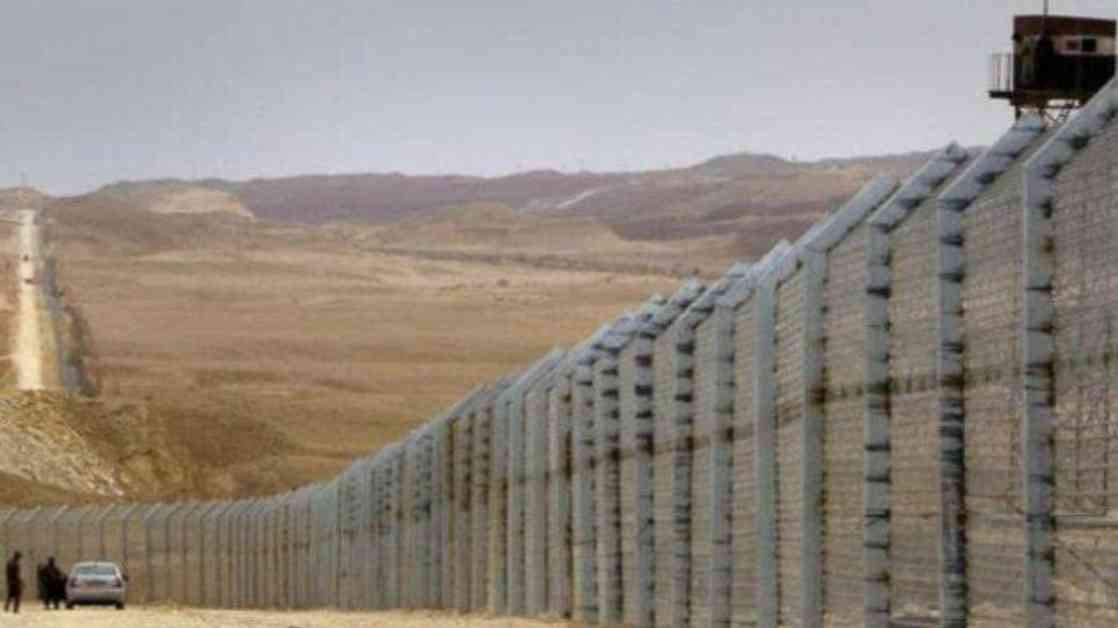The tension between Israel and Jordan has escalated with reports of 12,000 Israeli troops stationed near the border and plans to construct a separation wall. Saleh Abdul Karim Al-Armouti, a member of the Jordanian Parliament, raised concerns about the security and sovereignty of Jordan in light of Israel’s maneuvers. In his inquiry to Prime Minister Dr. Jaafar Hassan, Al-Armouti questioned the government’s response to Israel’s construction of a wall along the eastern border and the presence of IDF troops at the western border. The parliamentarian highlighted the potential threat to Jordan’s sovereignty and stability, calling it a violation of international law and conventions.
Al-Armouti’s inquiry delves into the implications of Israel’s actions on Jordan’s security and the possibility of seeking recourse through international legal channels. He specifically raised the question of whether Jordan would consider filing a complaint with the International Criminal Court or the International Court of Justice in The Hague. The parallels drawn to a previous ruling on the construction of a wall in Palestinian territories underscore the gravity of the situation and the potential legal avenues available to Jordan in response to what is perceived as a breach of international peace and security.
Israel’s intentions to build a barrier along the Jordanian border have raised suspicions of ulterior motives, including the annexation of Palestinian territories. As per Khaberni’s analysis, Israel’s incremental steps towards the realization of this plan have sparked concerns about the broader political agenda behind the construction of the border wall. The strategic significance of the West Bank and the Jordan Valley in this context cannot be understated, as they represent pivotal territories in Israel’s expansionist aspirations.
The border between Israel and Jordan spans 335 kilometers, with a significant portion falling under occupation. The proposed construction of a 238-kilometer wall in the occupied territories and a 97-kilometer stretch in the West Bank underscores the scale of Israel’s territorial ambitions. Ramzi Odeh, the Secretary-General of the International Academic Campaign Against Occupation and Apartheid, emphasized the political underpinnings of the border wall project, signaling a broader agenda that goes beyond security concerns.
In the face of mounting geopolitical tensions and territorial disputes, the implications of Israel’s actions on the region’s stability and security cannot be overlooked. The Jordanian government’s response to the border wall construction and the presence of Israeli troops at the border will shape the future trajectory of relations between the two nations. As calls for international intervention grow louder, the need for a concerted diplomatic effort to address the escalating situation becomes increasingly urgent. The delicate balance of power in the region hangs in the balance, with profound implications for the geopolitical landscape of the Middle East and beyond.














